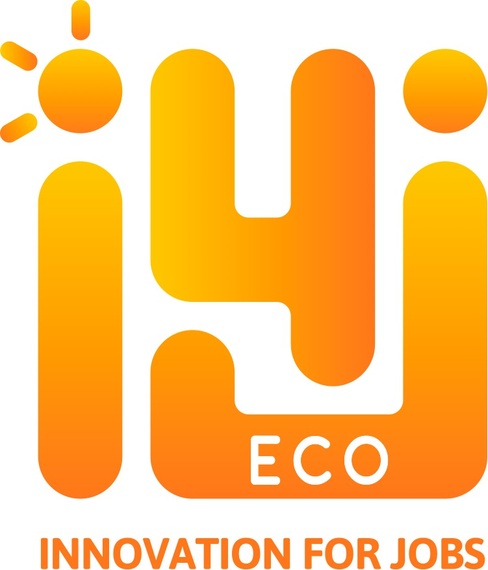I was invited some time ago to speak at large banking conference about how machines are going kill bank jobs. I said I couldn't do it. Not because I don't think it can happen, but I prefer talking about the opportunities, which are huge, if we choose to create them. I suggest that the banks hold the keys to a future prospering economy.
First we have to let go of the old narrative of what a bank is. Smartphones, artificial intelligence and the cloud spell the end of that. Banks were supposed to represent the interest of the savers, make them feel safe. Then came 2009 and hoards of people who had been lent more money than they reasonably could pay back had to move out from their homes, feeling let down by their banks.
The question is: can banks do something new that can bring back customers' trust and loyalty? Let me test an idea on you.
Like the bank employees, many customers risk losing their jobs to automation. When that happens, banks will lose too. Customers become riskier to manage, while becoming less willing to manage risk themselves.
Macroeconomists and governments worry about these things because they know that people need to earn in order to spend. Microeconomists and firms are professionally oblivious, because to them, the worker and the customer are different people. Most companies don't have a lot of opinions about how customers earn their money; they just care about how they spend it.
Here is where banks are unique. Because they help people manage their capital, banks have a direct interest in their customers having a good, stable income. They serve 'earners.'
Therefore, the microeconomic incentives of banks are aligned with the macroeconomic incentives of countries and the whole world economy. Banks -- and governments -- have a direct interest in ensuring that people get jobs with a nice, stable income. For banks, earners are savers and borrowers. For governments, every earner is a taxpayer keeping other earners going.
Banks At The Center Of Creating A 'People-Centered' Economy
If banks can help people earn, governments have every reason to encourage them. It would put banks at the center of creating a 'people-centered' economy, maximizing the value of people. Such an economy is more competitive than a task-centered automation economy which focuses on minimizing the cost of tasks. This is because innovation that helps people earn more and that grows the economy is more powerful than innovation that merely lowers costs and potentially shrinks the economy.
So what would this bank-enabled, people-centered economy look like from a banker's point of view? Look at the American healthcare company Kaiser-Permanente. Kaiser is a healthcare provider but it also offers healthcare insurance. This means that, unlike competing healthcare providers, it earns most when its customers don't need treatment. Therefore, Kaiser's best strategy is to invest in innovative services that keep Kaiser customers happy and healthy.
Banks might follow the example. They can invest in services that help their customers get good jobs. This opportunity is happening now.
A few years ago, I started i4j (Innovation for Jobs) together with Vint Cerf, a "father of the Internet." We started the discussion on how innovation can 'disrupt unemployment' while others were discussing what governments should do about 'technological unemployment.'
Earlier this year, we for the first time gathered the 'innovation for jobs' ecosystem of entrepreneurs, venture capitalists and others who want to earn their profits by creating new, innovative, services helping 'earners' to earn better in more meaningful ways.
As for government, they were there, too, because 'innovation for jobs' offers to break down the wall between labor and technology policy. Every year, the U.S. spends over $30 billion to keep unemployed people off the streets. If the U.S. government took only 1% of the unemployment cash spent in one year, and used it to match private money to create seed funds for start-ups 'disrupting unemployment,' the size of the funds would equal all the seed investments made in the U.S. in one year.
Job Coaching Is Best Done Face-to-Face
Banks would be ideal co-investors. They have an incentive to create a market of start-ups creating 'earner' services that they could acquire to serve their customers. As potential first large customers or buyers, banks would leverage their own investments in the 'innovation for jobs' funds. Governments would have an incentive, too. Since governments would have joint interests in helping earners earn better, they might look favorably on banks as co-investors in 'innovation for jobs' seed funds managed by venture capital companies.
As for the future of branches, job coaching is done best face-to-face. There is a lot of discussion to be had around family situations, hopes for the future and so on.
It's actually the same discussions the bank offers today, regarding how to save for a pension, and so on. But on a much higher level, and closer to the customer.
Perhaps this is a business where a local branch network does makes sense: where the bank offers real coaching to its customers, where the bank staff bond with their clients on a first-name basis and the customers can feel safe, knowing their private information is safe, just like their money in the bank.
